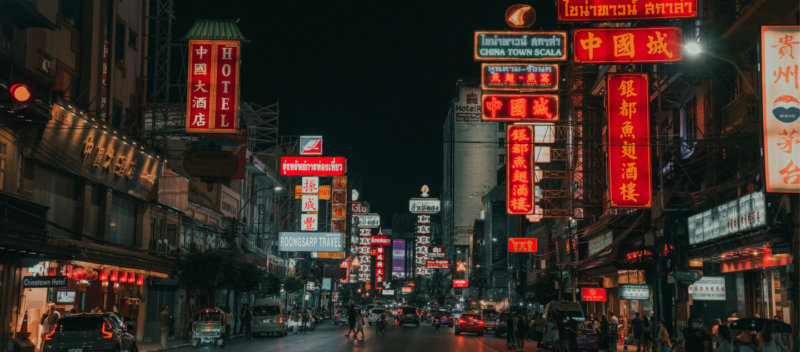

Covid-19 has hit the global economy hard, and Thailand is no exception. While the pandemic has posed huge obstacles for the country’s renowned hospitality industry, there have been glimmers of hope as hotels, restaurants, shops and citizens adjust to the “new normal” of social distancing, limited gatherings and other measures designed to contain the coronavirus.
Inbound international flights have been banned since the beginning of April, and will remain so until 1 July at least. The plummeting tourist numbers have unfortunately resulted in mass layoffs across related industries, and many business owners have had to adjust their expectations considerably. The silver lining, perhaps, is that the situation has brought to the forefront numerous acts of innovation, generosity and philanthropy.
With the rate of infection slowing, the government has begun to ease its strict lockdown measures of April and May, bringing some semblance of normalcy to Bangkok and the rest of the country. Here’s how that looks in practice:
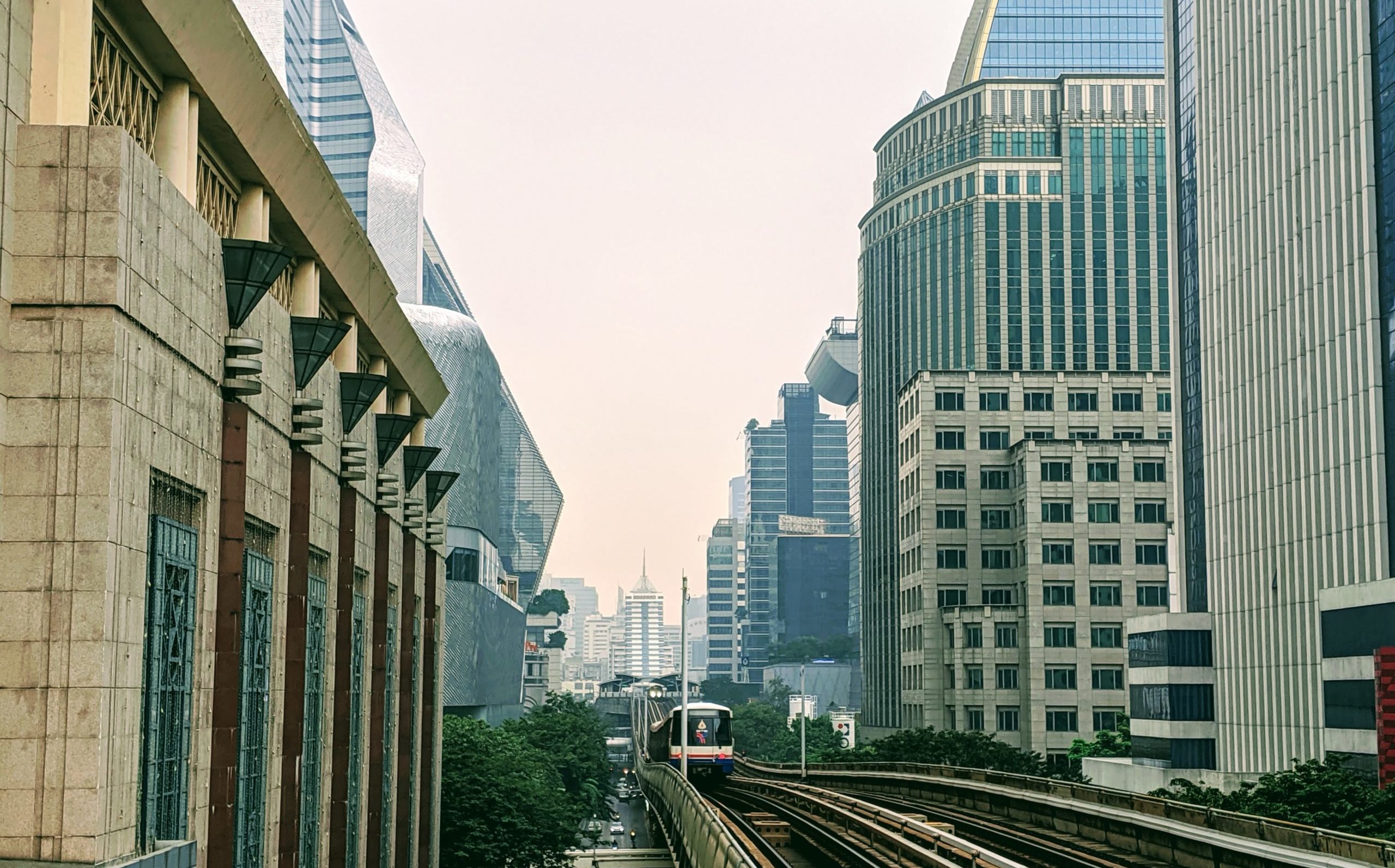
A number of airports are now allowed to run limited domestic flights, operated by the likes of Thai AirAsia, Bangkok Airways, Thai LionAir and NokAir, with demand for local travel showing positive signs despite time-consuming health and safety procedures prior to boarding.
As an example, Bangkok Airways has introduced extensive precautionary measures at both arrival and departure airports, which include body temperature screening, and both seating arrangements and floor markings that indicate the appropriate “social distance” at all points. The Bangkok-based carrier requires its cabin attendants to wear masks and gloves when on duty and has suspended in-flight meals on all journeys. Another strict measure has been the nationwide curfew, effective from 11pm to 3am daily, which has impacted passengers catching early-morning or late-night flights, as well as Bangkok city-dwellers commuting on the BTS Skytrain or MRT Underground. Prior to the lifting of the curfew on 15 June, both these major transportation links were forced to shorten their operating hours.
Despite positive developments in the containment of Covid-19, strict hygiene measures continue to be implemented at all BTS and MRT stations. All passengers are required to wear a face mask, clean their hands with the sanitising gel available at every entrance, practise social distancing and undertake body temperature checks.
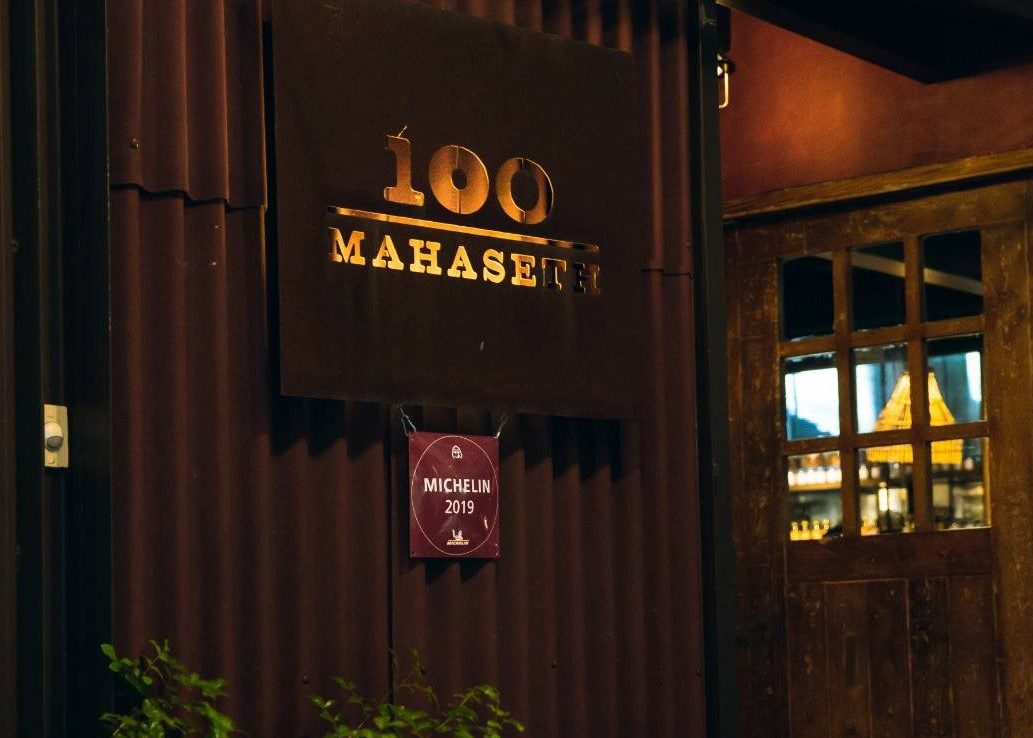
In late March, the Thai government announced all restaurants and bars must close, though restaurants could still serve takeaway or delivery orders. It wasn’t until 30 April that restaurants were told they could reopen to dine-in customers, though no alcohol or live music would be permitted. In addition, seats were to be spaced 1.5 metres apart, partitions installed between customers and a raft of other safety and hygiene measures implemented.
Though the curfew was finally lifted on 15 June, pubs, bars, karaoke venues and other entertainment destinations remain closed. For the first time since March, though, restaurants and hotels can now serve alcoholic drinks along with food.
During these difficult times, many high-profile restaurants and bars have turned their attention towards offering delivery or “pay-it-forward” loyalty schemes that promise benefits for brighter days ahead. Some establishments have opened their kitchens for charitable causes too, whether that’s Michelin Bib Gourmand Thai restaurant 100 Mahaseth donating portions of their takings to good causes, or urban-farm restaurant Haoma offering meals directly to those in most need.
As for nightlife, Tropic City, Charoenkrung’s much-loved tiki cocktail bar, rolled out drink vouchers at a range of price points, which promise substantial discounts when the bar reopens.
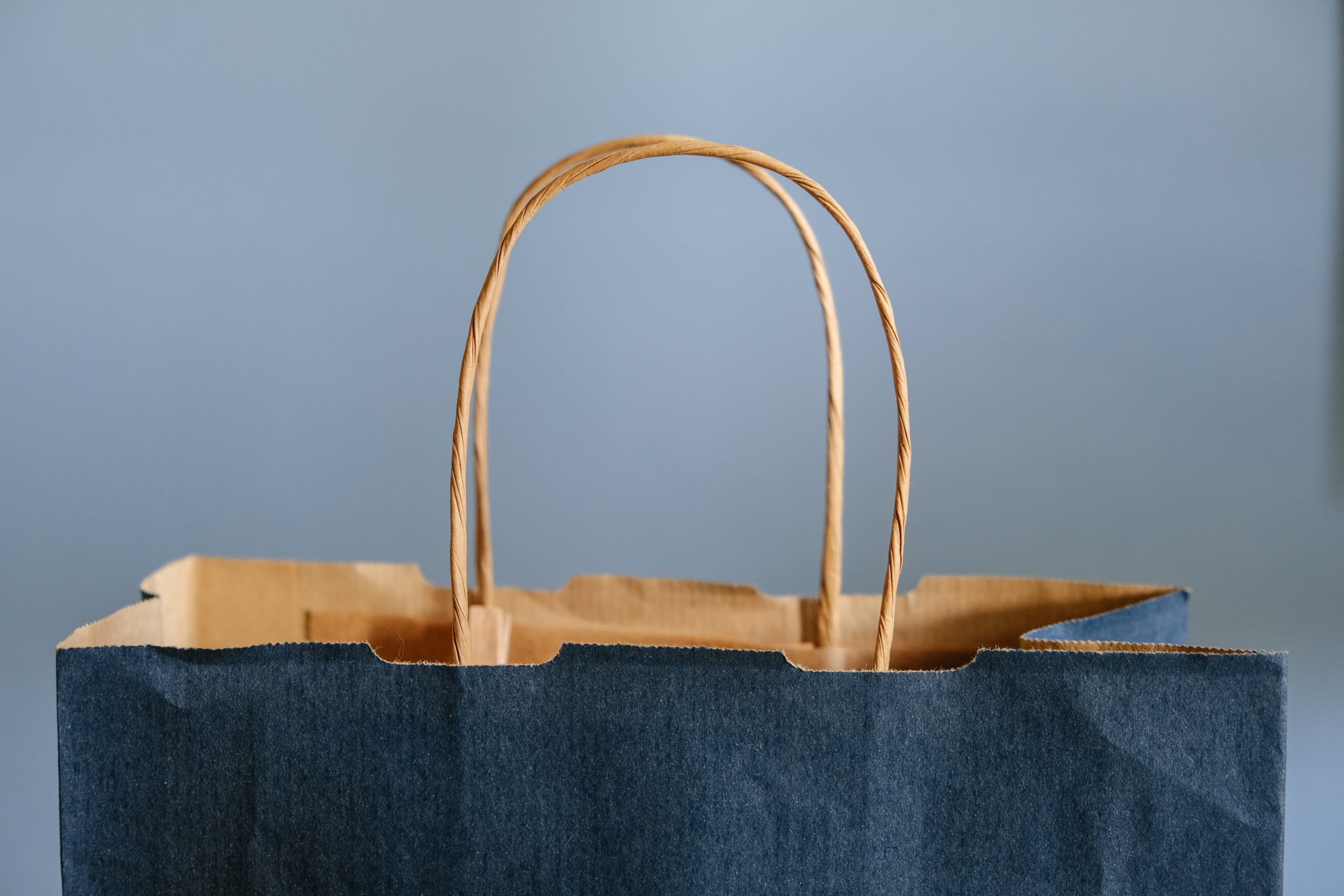
The pandemic also forced the shutdown of shopping centres and department stores for almost two months. On 18 May, large crowds rushed back to malls across the country as they reopened with intense precautions in place to stave off a second wave of Covid-19 infections. Shoppers are required to wear masks, keep their distance from one another and register themselves at the places they visit.
To boost safety for both customers and businesses, the Thai government developed a smartphone application called “Thai Chana.” Shops are encouraged to register with the app, which allows customers to scan a QR code on their mobile phone as they enter and leave the premises. The app also monitors the density of people at these places and alerts users if a coronavirus patient reports having checked in somewhere they’ve visited.
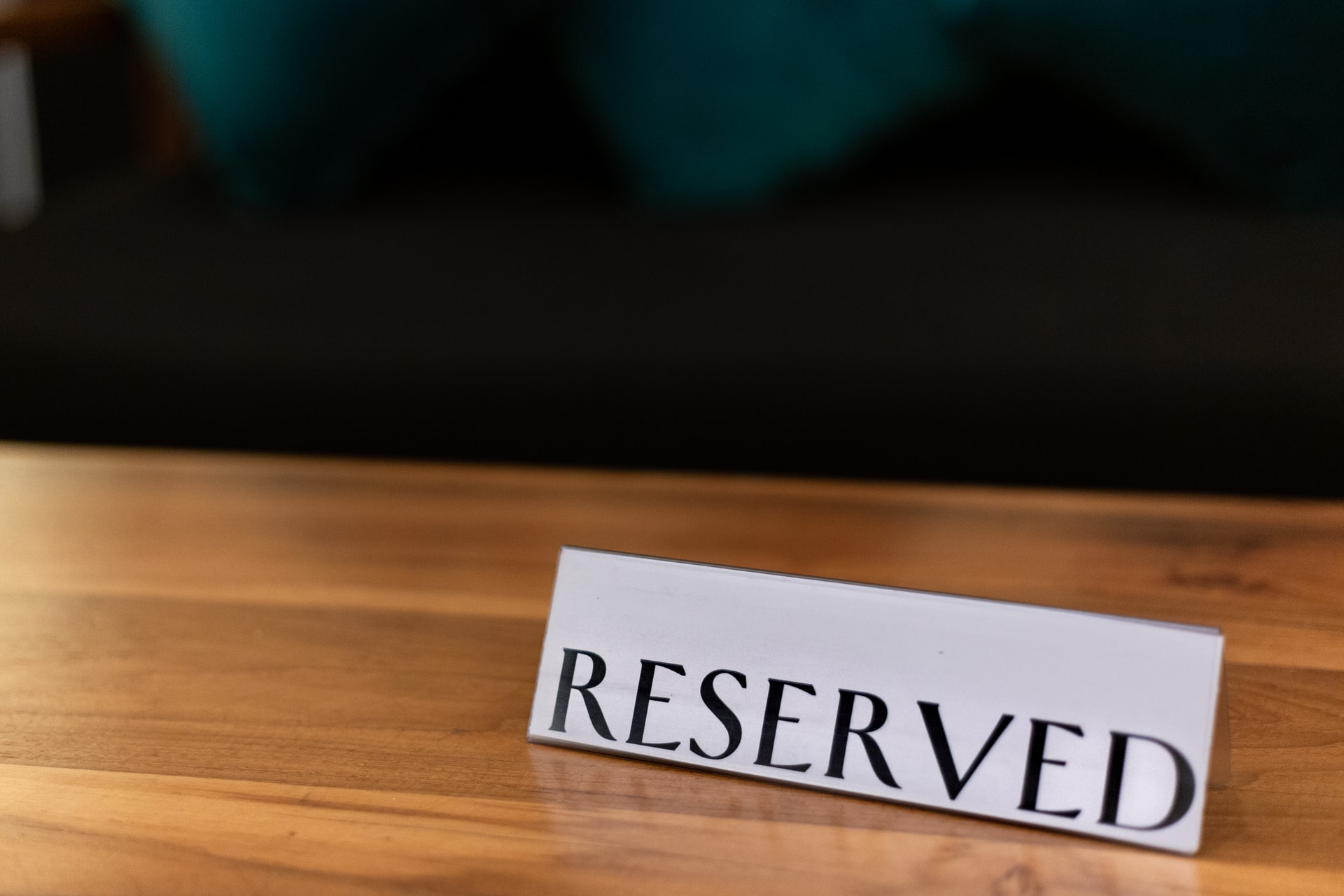
New Normal Standards of Cleanliness
International hotels chains are partnering with cleaning companies, medical experts and health institutions to create and implement enhanced health and safety measures to meet the new expectations in the hospitality industry. Daily deep cleaning with hospital-grade products takes place in all hotel spaces from reception areas, public lounges and leisure facilities, to guest rooms, restaurants and bars, with extra focus on high-touch points. Sanitising stations for guest use and temperature checks are commonplace throughout hotels, and some offer individual guest cleaning kits. A more visible housekeeping team is likely to be part of the new normal and the attention to detail and efficiency with which hotels are putting these measures in place will hopefully instil confidence and reassure visitors once travel resumes.
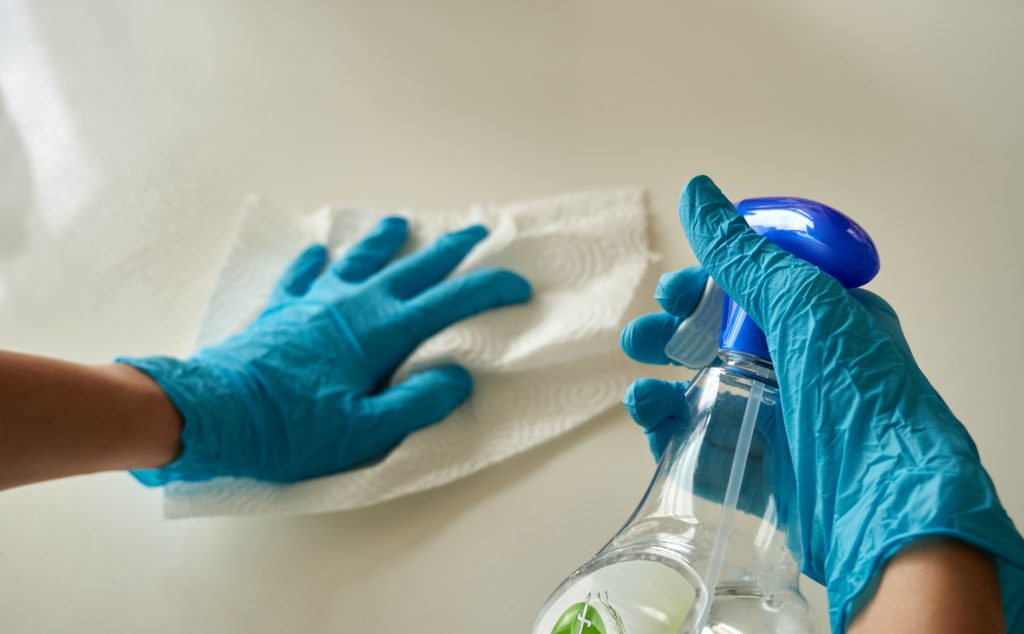
Social Distancing Procedures
From contact-free check-in and -out experiences to contactless payment solutions, hotels are ensuring physical distance can be maintained as consistently as possible. That extends to common areas, restaurants, bars and lounges, with clearly marked seating arrangements.
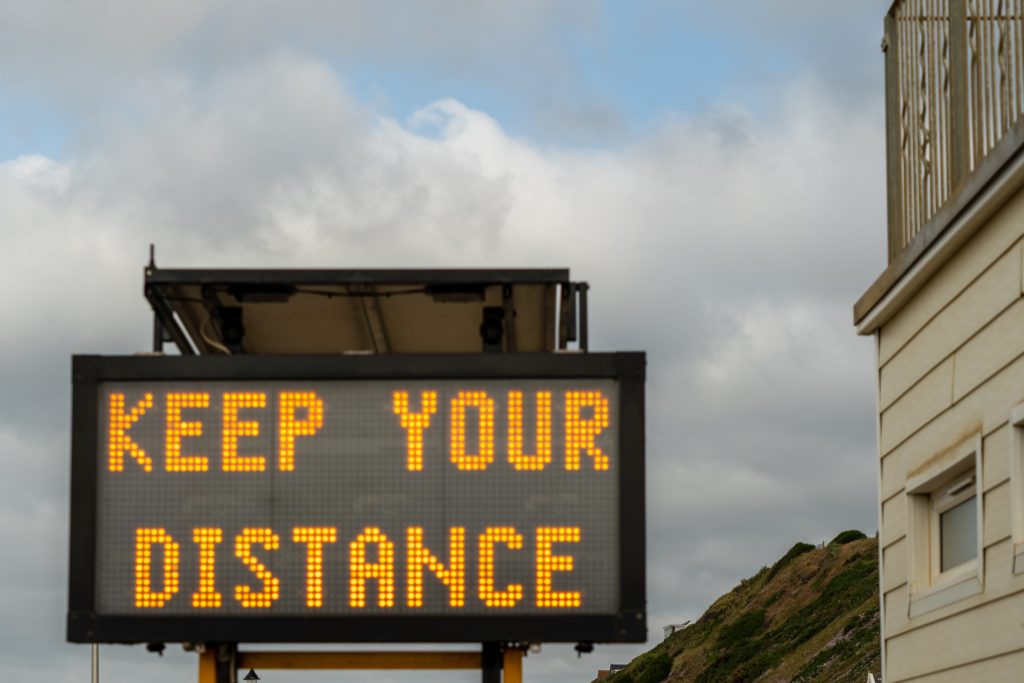
Food and Drinks Safety Standards
In addition to existing standards for food hygiene, hotels, bars and restaurants are following new procedures and processes to align with local and government regulations. Besides comprehensive deep cleaning in back- and front-of-house and distanced seating arrangements, new maximum capacities and diners per table are in place and masks and gloves are required for staff.
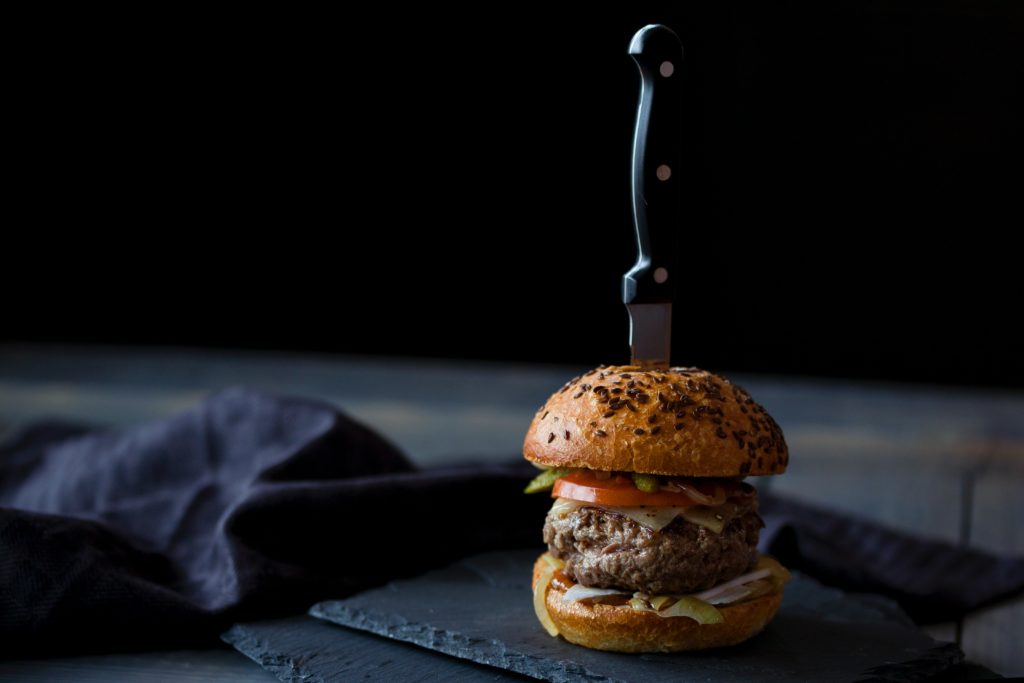
Enhanced Employees Training
In collaboration with healthcare experts, many hotels have launched health and safety training programs to ensure all staff and stakeholders have the necessary knowledge and skills to take care of themselves and hotel guests in the face of the ‘new normal’.

While international routes are suspended, domestic travel and tourism is likely to be a key factor in driving much-needed economic growth in Thailand. Hotels are adapting to welcome more local guests looking for holidays closer to home that are both affordable and authentic.
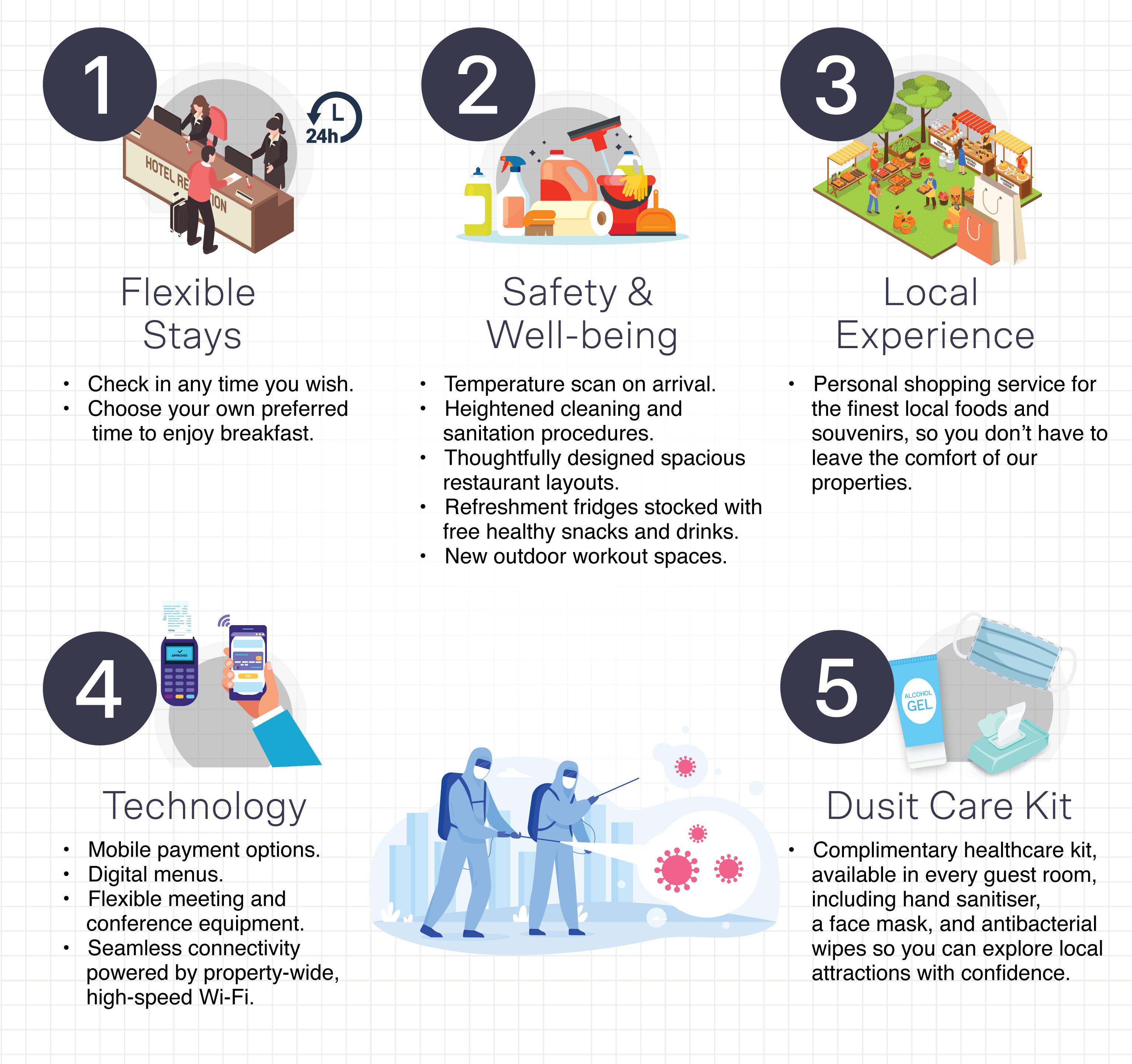
Our parent company, Dusit Hotels & Resorts, has responded to the situation with measures that prioritise the health and well-being of all our guests and team members. The “Dusit Care – Stay with Confidence” programme aims to bring guests peace of mind, memorable experiences, and extra convenience and value. Features include flexible check-in at all hotels and resorts, as well as flexible breakfast so that guests can avoid crowds and queues. Safety measures include temperature scans on arrival, heightened cleaning and sanitation procedures, and new spacious layouts in all restaurants, while in-room dining options include personalised healthy food designed to boost the immune system. New outdoor workout areas give guests plenty of personal space for keeping in shape. Dusit is encouraging contactless services like mobile payment options and digital menus to limit exposure. A Dusit Care Kit is available for free in all rooms and includes hand sanitiser, a face mask and antibacterial wipes, so guests can travel with confidence. When we open the doors to ASAI Bangkok Chinatown a little later this year, we’ll have similar measures in place, to make sure everyone stays happy and healthy
Eventually, the hospitality industry will bounce back, but new changes and challenges are inevitable as traveller behaviour and demands are transformed post coronavirus. In the new normal, travellers of all ages will have new expectations for hygiene and interactions. While there is still a tough road ahead in the fight against Covid-19, we can take comfort that much is being done to curb the risk of infection as Bangkok hospitality adjusts to the new normal.
In the meantime, we’re getting ready to shake up Bangkok’s most vibrant neighbourhood with the opening of ASAI Bangkok Chinatown. We want to give our guests the chance to discover a lively community of cafes, bars and galleries that nod to Chinatown’s storied past. We’ll be doing it with the well-being of our guests and colleagues as the top priority.
So that’s something to look forward to. And the good news is you can now book to be among the first to stay when we open in September 2020.
